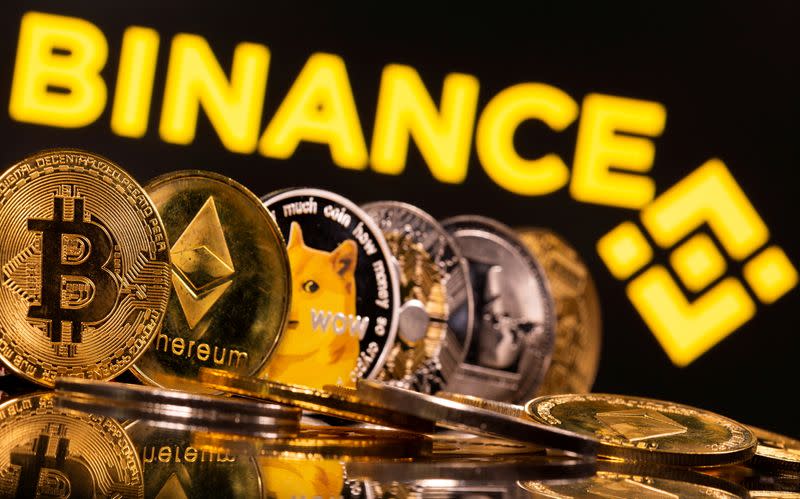Financial watchdogs in Thailand and the Cayman Islands have also joined the rest of the world including, Japan, U.K. and others to issue regulatory actions against Binance.

Regulators continue to question the legality of Binance’s operations in various countries, despite the fact that it is the largest cryptocurrency exchange by trade volume.
The Securities and Exchange Commission (SEC) of Thailand and the Cayman Islands Monetary Authority (CIMA) of the Cayman Islands have both announced regulatory actions against Binance.
Binance by doing so, has solicited the Thai public and investors to use its services, either through its website or through its Facebook Page: Binance Thai Community,” according to the SEC.
The regulator stated that it had previously sent a warning letter to Binance in April, ordering the crypto exchange to produce a written response within a certain amount of time, but that the crypto exchange had failed to do so.
“Only providers who have secured the necessary licenses under the legislation are permitted to provide services linked to digital asset trading, exchange, depository, transfer, withdrawal, or any other digital asset activity. Violators may face legal consequences, according to the agency.
The Thai Securities and Exchange Commission (SEC) stated on Friday that it has filed a criminal complaint against Binance, initiating a criminal procedure and an inquiry into the company’s purported operation of a digital asset business without a license.
Binance has given crypto trading services via its website, according to the regulator, by “matching orders, arranging for counterparties, supplying the system, or facilitating entrance into an agreement.”
The Thai SEC’s announcement comes just one day after the Cayman Islands Monetary Authority (CIMA) announced on Thursday that Binance, the Binance Group, and Binance Holdings are “not registered, licensed, regulated, or otherwise authorized” to operate a crypto exchange “from or within the Cayman Islands.”
The agency made it clear that none of the firms on the list are subject to its regulatory monitoring.
CIMA also stated that any other company linked with Binance that operates in or from the Cayman Islands will be investigated by the regulator.
Any crypto-related company incorporated under the Cayman Islands Companies Act, 2020 or otherwise established in the Cayman Islands must be registered under the country’s virtual asset service providers act, or any existing regulated entity for which the authority has granted a waiver under the act, according to the authority.
Binance has “always operated in a decentralized fashion,” according to a spokeswoman for the crypto exchange. According to the spokesman, claims about Binance’s crypto operations in the Cayman Islands are false, and he adds:
“We do, however, have entities incorporated under the laws of the Cayman Islands performing activities that are permitted by law and not related to operating crypto-exchange trading activities.”
Binance has struggled to locate the suitable jurisdiction in which to operate its bitcoin company as a large global exchange.
Binance was founded in China before the government banned cryptocurrency trading in 2017, and as of February 2020, it was supposedly based in the Cayman Islands and Seychelles.
Binance is known for having many organizations all around the world and was originally based in Malta, according to reports.
The Malta Financial Services Authority declared in February that it had never granted Binance permission to operate in the nation.
The newest news comes amid a renewed crackdown on Binance’s activities around the world, with governments such as the United Kingdom, Japan, Canada, and the United States recently keeping a tight eye on the exchange’s operations.
The Singapore Monetary Authority is to investigate Binance Asia Services’ licensing application, according to a Bloomberg article published on Thursday, as its parent company faces regulatory scrutiny around the world.
